BBC Wildlife presenter Iolo Williams documented his “phenomenal” encounter with a wild beaver in the river Dyfi.
The moment was captured on film as part of Iolo’s River Valleys TV series, where the beaver can be seen sitting peacefully on the riverbank eating Japanese knotweed.
Williams said: “I was delighted - I’ve seen some incredible wildlife in Wales, some amazing things.
“But this ranks up there not just with the best but as the very, very best - the first team ever to film wild beavers.
“The last people to ever see wild beavers in Wales would have been the Welsh princes who would’ve hunted them.
“They’ve been absent for hundreds of years, so it’s hugely significant.”
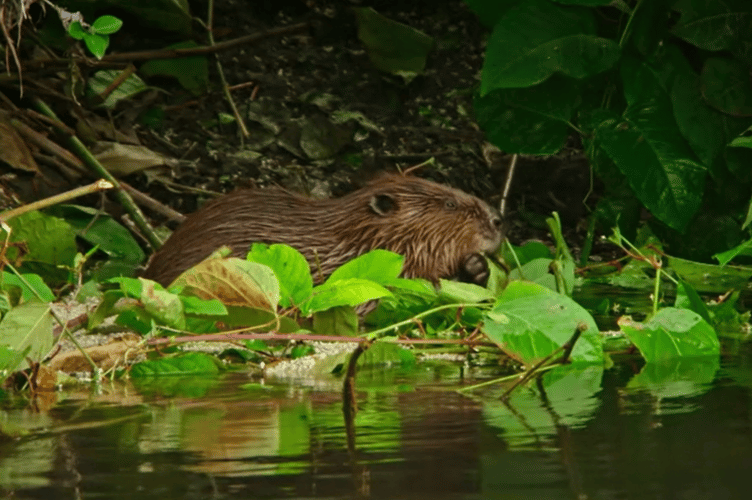
The beaver was filmed enjoying its snack before taking a swim in the river using its iconic paddle-shaped tail.
Beavers have been extinct in Wales for 400 years, after being over-hunted by humans for their fur, meat and scent glands.
By the end of the 19th century, the Eurasian beaver faced extinction across Europe, reversed by 205 successful beaver reintroductions across 25 countries.
The species has slowly been reintroduced to Wales over recent years via four protected wildlife enclosures around the country, including in the Dyfi Wildlife Centre in Machynlleth.
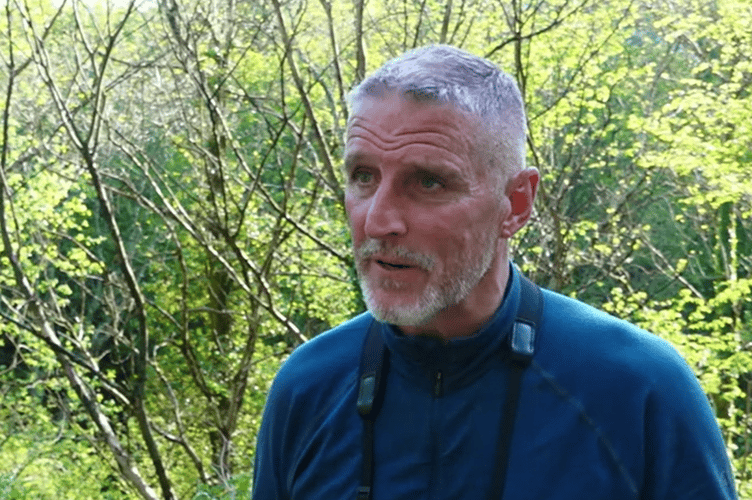
However the number of wild beavers is unknown, making this rare sighting all the more special.
The Cors Dyfi enclosure is the seven-acre home to a small beaver family relocated from Scotland.
The family enjoy three interlinked pools, a network of ditches, birch and willow scrub.
Referred to as ‘ecosystem engineers’, beavers change habitats and landscapes with their coppicing, feeding and damming.
A recent example of just how important beavers are came from Czechia, where the animals saved the government €1.2 million by building a dam exactly where authorities had been planning one.
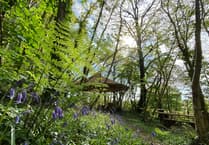
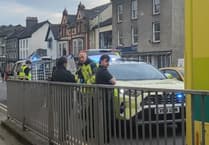

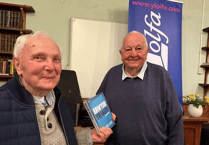
Comments
This article has no comments yet. Be the first to leave a comment.